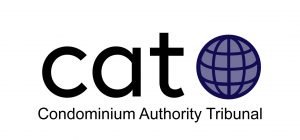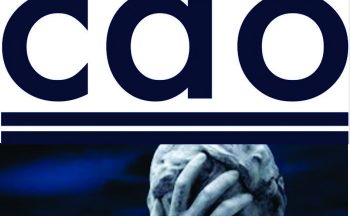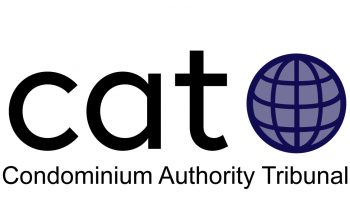 March 2021
March 2021
Condominium Authority Tribunal (CAT) recently expanded the type of disputes within their jurisdiction, meaning fewer disagreements will be resolved through the courts going forward.
This could reduce legal fees for condominium corporations.
Some lawyers disagree citing CAT’s unwillingness to award legal fees as being a problem. This unwillingness to award legal fees to a winning party, they suggest, will impact on the willingness of condominium corporations to enforce rules and bylaws because they must now submit disputes through CAT’s online portal instead of having them heard in the Ontario Court of Superior Justice. A condo board may be less willing to enforce rules against an owner that allows their pet to defecate over common elements, or someone using their parking space for a purpose other than parking a roadworthy vehicle. Management may reconsider charging back fees for dealing with matters because legal fees could exceed the amount charged back to an owner. Many condo boards and managers may choose to not enforce such issues due to the risks involved.
It is more likely there will be a reduced need for certain legal services. The cost and time commitment will continue to serve as a deterrent for those with frivolous claims since few residents want to spend money filing with CAT, then attending mediation and possibly arbitration hearings, to address what most view as minor problems. The lower cost threshold will allow more to pursue legitimate claims against condominium corporations acting in contravention of their authority.
This lower cost and more accessible process could discourage those corporations that abuse their authority while reducing legal fees for all.







